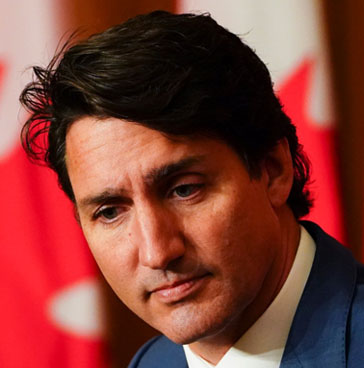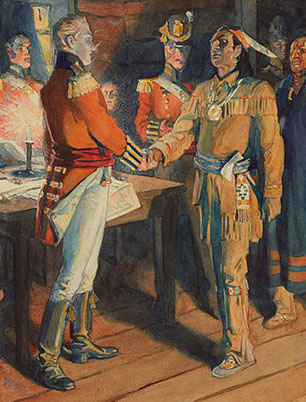Update on PM Trudeau’s latest apology …
Oct 6th, 2021 | By Randall White | Category: In BriefUPDATE TO OCTOBER 3 ARTICLE: RANDALL WHITE, GANATSEKWYAGON, ON. OCTOBER 6, 2021.I would be remiss if I did not note that PM Justin Trudeau himself has now declared he ought not to have travelled to Tofino on September 30.
See, eg, “Trudeau says he regrets travelling to Tofino, B.C., on 1st National Day for Truth and Reconciliation — ‘Travelling on the 30th was a mistake and I regret it,’ he says in first public appearance since trip.”
I am duty bound to confess as well that I do not regret anything I have said in my personal take on the issue in my October 3 contribution to this site (below), “Why is so much Canadian mainstream media (and its hangers-on) so eager to gang up on PM Justin Trudeau?“
I certainly agree that the Indigenous peoples of Canada have been treated appallingly by the first century of the present Canadian confederation launched in 1867.
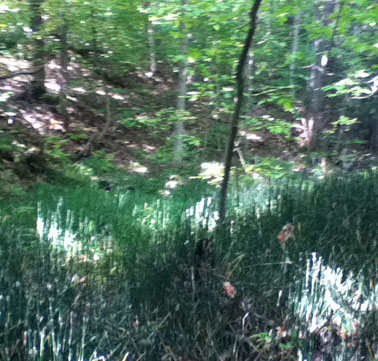
As I have also struggled to make clear in my work-in-progress on the long evolution of Canadian democracy, however, the modern history of Canada starts in the late 15th and early 16th centuries. And Indigenous peoples have been crucial actors in the creation of the Canada we have finally come to know in the 21st century. “Canada” itself is an Indigenous word.
Just touching on the more recent past very lightly, Pontiac, “War Chief of the Ottawa,” defended the Canada we know today in the 1760s, as did his successor Tecumseh in the War of 1812.
Progressive Conservative PM John Diefenbaker appointed the first First Nations Senator, James Gladstone, in 1958, and at long last gave the vote in federal elections to “on-reserve status Indians” in 1960. Since April 17, 1982 the rights of the Aboriginal Peoples of Canada have been acknowledged in today’s Canadian Constitution (unlike next door in the USA).
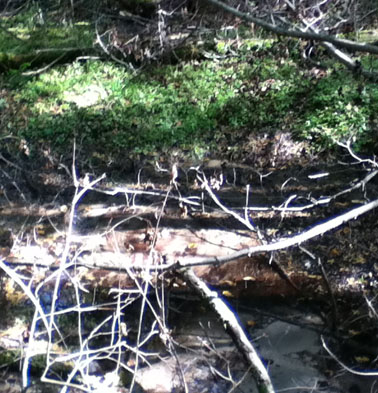
Justin Trudeau”™s Liberals have picked up the cause of Indigenous Canada from where Paul Martin’s Liberals left it with the November 2005 Kelowna Accord. (Unlike the Harper Conservative administration, 2006-2015, which ignored this historic agreement between First Nations and the federal government, to bring material life on reserves up to the general standard of material life in the country at large.)
Progress in this direction has in fact been made under the Trudeau Liberal government since 2015. Much remains to be done. Like many others, within Canada’s growing Indigenous population I am especially concerned myself about the plight of young people on First Nations reserves. (While recognizing that the majority of Indigenous peoples in Canada today in fact live off the historic reserves, like all other Canadians.) Much remains to be done here as well.
Yet it also seems to me that too much of the rhetoric against PM Trudeau’s trip to Tofino this year (a place he has visited before in the midst of some local controversy) has been of a sort that is largely destructive — and not likely to seriously advance the Indigenous policy goals all (well most) Canadians increasingly do seem to broadly agree on.
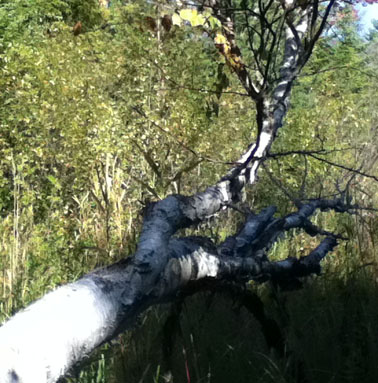
There is a deeper problem that troubles me most in all this. It is “Canada” (ultimately in its supreme legal sense of the Canadian federal government, finally accountable to the Canadian people) that is being asked to seriously undertake what will no doubt continue to be the ongoing challenge of restoring Indigenous peoples to their rightful place in the Canada they have done so much to shape and create.
Too much of the largely destructive rhetoric around Tofinogate 2021 is just weakening “Canada”‘s ability to take the kind of real-world action on Indigenous policy issues that (almost) everyone now claims to be rightly demanding or concerned about.
I am reminded of a question Justin Trudeau’s father often raised, during the federal-provincial debates on the so-called “patriation” (or legal decolonization) of Canada’s Constitution from the more senior House of Commons across the seas, following the failed Quebec sovereignty referendum of 1980 — “Who will speak for Canada?”
Without some kind of strong answer here, there can be no National Truth and Reconciliation that has any concrete, practical meaning.
That doesn’t mean the federal government actually does anything down on the ground. But, to put the matter bluntly if only realistically, “Canada” in its ultimate legal sense does need the political (and economic) capital to finally foot the bills. (And that is what “take real action” on Indigenous issues ultimately means, in most cases at least?)
In fact PM Justin Trudeau may be a better retail politician than his father (if at least equally hated by all the wrong people). And if he has finally judged that “Travelling on the 30th was a mistake and I regret it,” I accept his greater political wisdom as prime minister of our Canadian parliamentary democracy. (It is just one of the many reasons he is prime minister and not me.)
But my sense is that his father would not have apologized for travelling on the 30th (even if it was a mistake). Maybe I’m just getting a lot older myself, and looking too much for the father in the son. But like the National Chief of the AFN, I’m getting a bit tired of all the apologies too.
